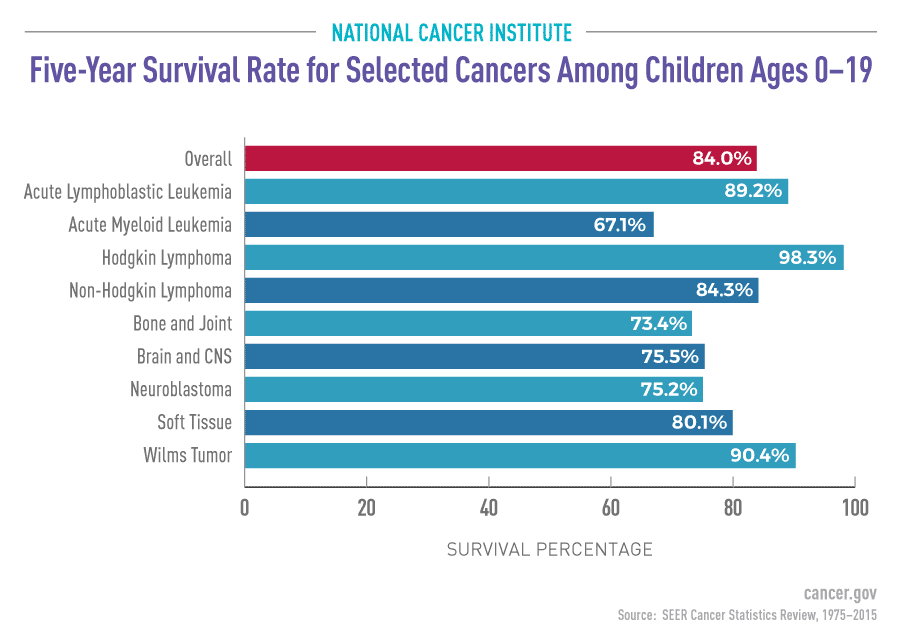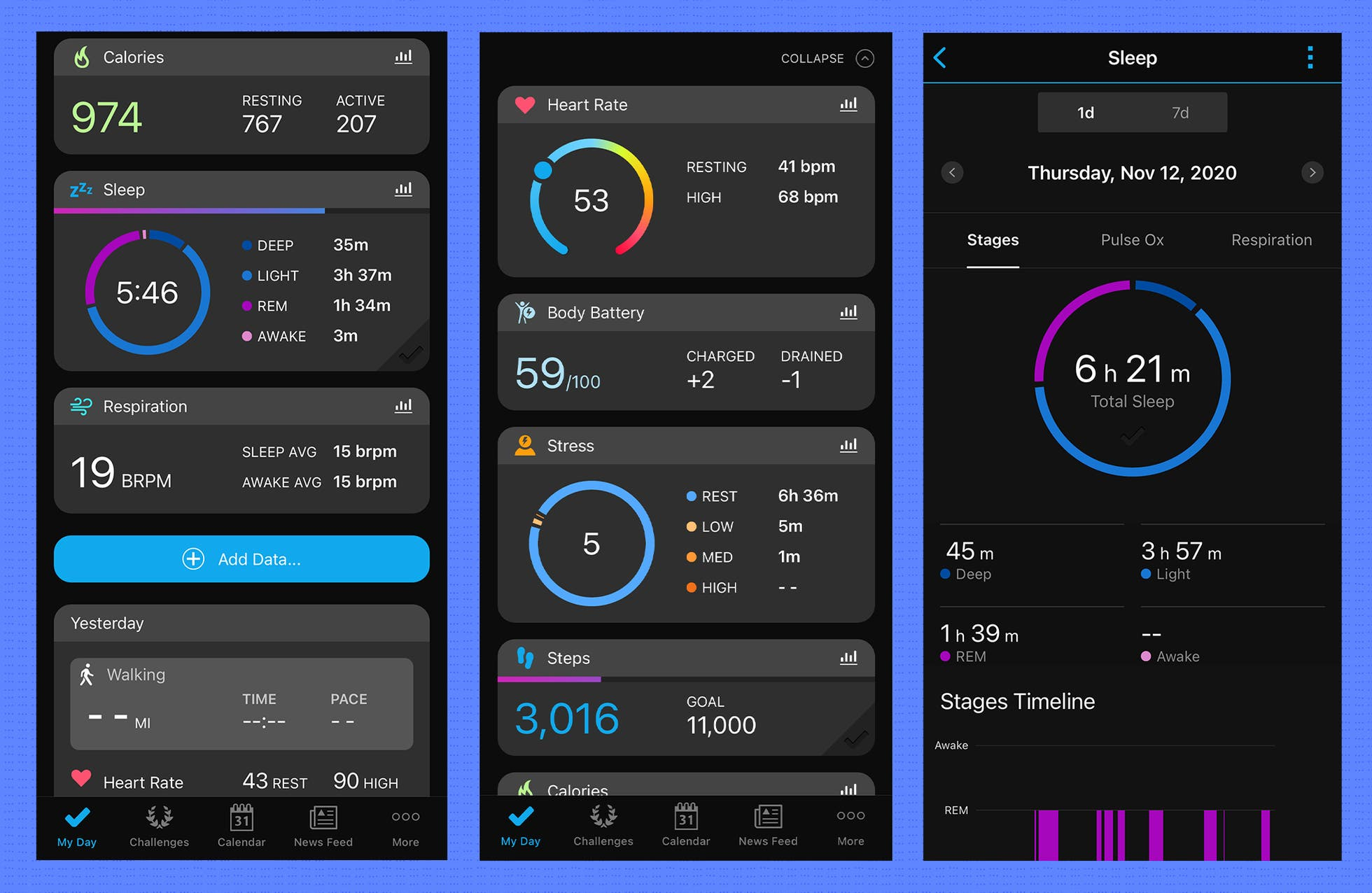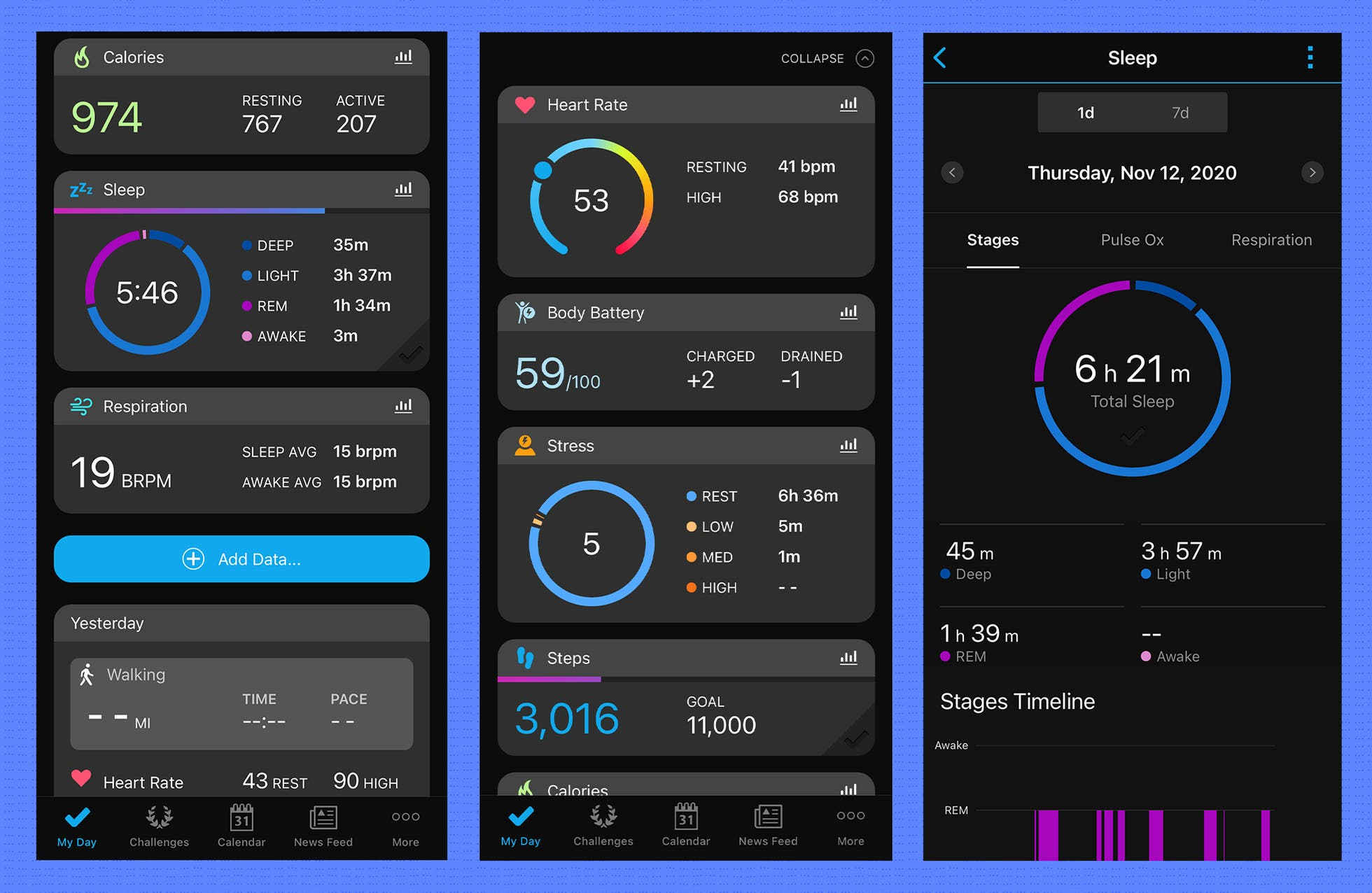Pediatric cancer recurrence prediction has taken a significant leap forward with the integration of artificial intelligence in medicine. A groundbreaking study reveals that an innovative AI tool can evaluate multiple MRI scans over time, offering a more accurate assessment of cancer relapse risk in young patients than conventional methods. This advancement is especially crucial for managing pediatric gliomas, a common brain tumor among children that poses a challenge due to its potential for recurrence. By employing techniques like temporal learning, researchers are enhancing predictive capabilities, which could alleviate the burden of frequent monitoring for patients and their families. As we delve deeper into the role of AI in healthcare, the implications for improving pediatric oncology outcomes become increasingly promising.
In the realm of childhood cancers, accurately predicting the likelihood of disease recurrence represents a critical frontier for healthcare advancements. Recent innovations in technology, particularly through artificial intelligence applications, are shaping how we interpret imaging studies such as MRI scans for cancer. The emphasis on temporal learning—a method that analyzes sequences of images over time—opens new avenues for understanding pediatric brain tumors like gliomas. By refining predictive models, we stand to reduce the anxiety associated with frequent medical evaluations while tailoring treatments more effectively for young patients facing cancer relapse risk. As we explore the intersection of technology and medicine, the potential to enhance patient care in pediatric oncology is more tangible than ever.
The Role of AI in Pediatric Cancer Management
Artificial Intelligence (AI) has fundamentally transformed various fields, and its impact on pediatric cancer management is becoming increasingly significant. The integration of AI in medicine allows for the analysis of vast amounts of data at speeds and accuracies unattainable by human analysis alone. In the context of pediatric gliomas, the application of AI tools in predicting cancer relapse risk is particularly crucial, as these brain tumors can have varying paths of recurrence and treatment outcomes. Leveraging AI technology signifies a shift towards more personalized and data-driven approaches in treating young patients.
The advancements in AI provide medical professionals with better predictive capabilities, notably when it comes to forecasting patient outcomes. As seen in the recent study from Mass General Brigham, AI tools can analyze multiple MRI scans over time to identify subtle changes that might indicate a potential relapse. This not only enhances the understanding of individual patient profiles but also aids in tailoring treatment plans that could lead to improved recovery rates for affected children. With AI, healthcare providers can move beyond traditional methods, which often rely heavily on single data points and can miss critical trends detectable through continuous analysis.
Predicting Pediatric Cancer Recurrence: A New Frontier
Recent advancements in predicting pediatric cancer recurrence have sparked hope among healthcare professionals and families dealing with the implications of cancer. Traditional models of predicting relapse have proven inadequate in many instances, leading to uncertainty and anxiety for patients. However, as revealed by the study incorporating temporal learning techniques, we now have a robust mechanism to improve prediction accuracy significantly. This method allows clinicians to utilize multi-temporal imaging data, analyzing changes across several MRI scans rather than relying on a single image, thereby enhancing the reliability of recurrence predictions.
The implications of accurately predicting pediatric cancer recurrence are profound. Early identification of at-risk patients enables a targeted approach to treatment. Those identified as high-risk can potentially benefit from more aggressive therapeutic options, while low-risk patients might avoid unnecessary, stressful follow-ups and interventions, streamlining their healthcare experience. Such predictive tools utilizing AI not only aim to reduce the emotional burden on families but also optimize resource allocation within healthcare systems.
Temporal Learning: Enhancing AI Predictions in Cancer Care
Temporal learning represents a significant leap in how AI models are designed and applied in the healthcare sector. By organizing and analyzing multiple MRI scans in chronological order, this innovative approach allows the AI to learn from a broader spectrum of patient data over time. In a field like oncology, where changes in tumor behavior can be subtle yet critical, temporal learning provides a nuanced view that traditional single-scan analyses cannot match. This method opens doors to more accurate predictions of cancer recurrence, particularly for childhood brain tumors like gliomas.
The findings of the study conducted by Mass General Brigham exemplify the powerful capabilities of temporal learning. With accuracy predictions exceeding 75%, the ability to detect eventual relapse becomes a game-changer for pediatric patients. This accuracy represents a step toward leveraging AI to improve clinical outcomes. As researchers continue to validate and refine these models, the potential for widespread application in various forms of cancer treatment is vast. This could ultimately lead to a future where pediatric cancer management is not only more effective but also less invasive for families undergoing treatment.
MRI Scans: A Key Tool in Cancer Prediction
MRI scans remain a cornerstone in the monitoring and treatment of pediatric cancers, particularly gliomas. The detailed imagery produced by MRI technology allows for precise visualization of brain structures, enabling clinicians to monitor changes that may signal tumor progression or recurrence. The study highlighted the utility of MRI scans, illustrating how the incorporation of multiple scans enhances the predictive capabilities of AI tools. In essence, MRI scans provide the data foundation that facilitates advanced analysis and improved outcomes in pediatric oncology.
As technological advancements in imaging continue to evolve, the role of MRI in detecting changes in tumor size or behavior will only grow stronger. The integration of sophisticated AI algorithms with MRI imaging can usher in a new era of predictive medicine tailored to the unique challenges of pediatric cancer. For families navigating this complex landscape, the promise of more accurate, timely diagnoses brings hope and reassurance, marking a significant advancement in the fight against cancer in children.
Patient-Centric Approaches in Pediatric Oncology
As the landscape of pediatric oncology evolves, there is a growing emphasis on patient-centric approaches across treatment paradigms. With the insights provided by AI advancements, targeted treatments can now focus more sharply on the individual needs of pediatric patients. Such advancements empower healthcare providers to understand better who among their patients are more susceptible to recurrence, thereby shifting away from a one-size-fits-all strategy. The implementation of these technologies not only benefits patient outcomes but also considers the overall emotional well-being of children and their families.
Engaging families in the predictive process paves the way for more informed decisions about treatment and follow-up care. By understanding risks and potential outcomes through AI-driven data analysis, families gain peace of mind, knowing their child’s healthcare plan is optimized based on the most accurate predictions available. This collaborative approach fosters a supportive environment in which parents can actively participate in their child’s care journey.
Research Collaborations in Pediatric Cancer Studies
The significance of collaborative research endeavors cannot be overstated in the context of pediatric cancer studies. The comprehensive analysis performed by networks like Mass General Brigham and its partners underscores the importance of pooling knowledge and resources. By aggregating data from multiple institutions, the collective insights lead to more credible results and effective treatment strategies. This collaborative spirit enhances the capability to refine AI models, ensuring they are robust and applicable to diverse pediatric populations.
Such interdisciplinary partnerships not only advance the development of innovative tools such as AI for predicting cancer outcomes but also lay the groundwork for future clinical trials. They create a framework for extensive validation of models, paving the way for groundbreaking methodologies that might one day transform pediatric oncology. Collaborative efforts significantly bolster the potential for real-world applications, ultimately promoting quicker advancements in treatment modalities for children diagnosed with cancer.
The Future of AI in Pediatric Healthcare
The future of AI in pediatric healthcare promises remarkable transformations in how diseases, particularly cancer, are diagnosed and managed. Innovations like the temporal learning models developed for predicting pediatric cancer recurrence showcase the potential AI holds in revolutionizing care. With continuous advancements in machine learning and data analytics, future tools are likely to refine their precision further, increasing the chances of positive outcomes for young patients facing severe illnesses.
As more institutions embrace AI technology in clinical settings, possibilities expand not just for oncology but for pediatric healthcare at large. This evolution could lead to comprehensive systems where disease prediction, diagnosis, and treatment become fully integrated processes, informed by real-time data analytics. The ultimate goal is to create a healthcare landscape that adapts dynamically to patient needs, ensuring that every child receives the most effective care tailored to their individual circumstances.
Understanding the Emotional Impact of Cancer on Families
The emotional toll of pediatric cancer extends far beyond the child, affecting families profoundly. Navigating the uncertainty of a cancer diagnosis and the potential for recurrence creates stress and anxiety that can last for years. Insights provided by AI predictions can alleviate some of this burden by offering a clearer understanding of the path ahead. When families are armed with information about their child’s cancer risks, they can better manage expectations and make informed decisions in collaboration with their healthcare providers.
Additional support systems, such as counseling and community resources, play a crucial role in addressing the emotional needs of families battling pediatric cancer. Programs that focus on mental health, along with AI-driven predictions that substantiate clinical decisions, contribute to a more holistic approach to treatment. Ultimately, ensuring families receive emotional support during challenging times can lead to a more favorable outcome, as children thrive in an environment where their caregivers are empowered and supported.
The Need for Continued Research in Pediatric Cancer Treatment
As the fight against pediatric cancer advances, continued research is paramount to uncover new treatment options and predictive measures. The findings from recent studies utilizing AI tools represent only the beginning; there is a significant need for ongoing research that explores various aspects of pediatric oncology, including the diverse responses to treatment among different patients. Understanding which factors contribute to cancer relapse risk will continue to inform clinical practices, improving the quality of life for young patients.
Research must also address the long-term impacts of childhood cancer and the implications of recurrence in treatment protocols. Each discovery leads to better predictive tools, ensuring that healthcare providers can make informed decisions in managing pediatric cancer cases effectively. The integration of advanced technologies, such as AI and multi-dimensional imaging analysis, will only enhance our capacity to treat and monitor pediatric patients, underpinning the continuous commitment to research in this vital area.
Frequently Asked Questions
How does AI improve pediatric cancer recurrence prediction for gliomas?
AI improves pediatric cancer recurrence prediction for gliomas by utilizing a temporal learning approach that analyzes multiple MRI scans over time. This method enables the AI to detect subtle changes in brain scans following surgery, significantly enhancing its predictive accuracy for cancer recurrence compared to traditional single-scan models.
What is temporal learning in the context of pediatric cancer recurrence?
Temporal learning is a technique applied in pediatric cancer recurrence prediction where an AI model is trained to analyze a series of MRI scans in chronological order. This approach allows the AI to identify patterns and changes over time, improving its ability to forecast relapse risk in pediatric patients with gliomas.
How effective are MRI scans for predicting cancer relapse risk in pediatric gliomas?
MRI scans are highly effective in predicting cancer relapse risk in pediatric gliomas when analyzed using advanced AI techniques like temporal learning. Recent studies indicate that AI models can achieve an accuracy rate of 75% to 89% when using multiple scans, compared to about 50% accuracy for predictions based on single scans.
What challenges do clinicians face in predicting pediatric cancer recurrence?
Clinicians face significant challenges in predicting pediatric cancer recurrence, primarily due to the individual nature of cancer progression in children. Traditional methods often require frequent MRI scans, which can be stressful for families, making efficient and accurate AI tools vital for reducing unnecessary follow-ups while identifying high-risk patients.
Can AI models reduce the need for frequent imaging in low-risk pediatric cancer patients?
Yes, AI models have the potential to reduce the need for frequent imaging in low-risk pediatric cancer patients by providing more accurate predictions of recurrence risk. By applying advanced techniques such as temporal learning, these models can help identify patients who do not require continuous monitoring, alleviating the burden on families.
How might AI-guided predictions change the management of pediatric glioma survivors?
AI-guided predictions could significantly change the management of pediatric glioma survivors by tailoring follow-up care based on individual relapse risk assessments. Low-risk patients may experience fewer imaging sessions, while high-risk patients could benefit from proactive treatments, such as targeted adjuvant therapies.
Why are multi-scan analyses crucial in pediatric cancer recurrence prediction?
Multi-scan analyses are crucial in pediatric cancer recurrence prediction because they allow AI models to learn from a comprehensive dataset across time rather than relying on isolated images. This longitudinal approach enhances predictive capabilities, making it easier to spot early signs of relapse in pediatric patients with gliomas.
What are the benefits of using AI in predicting cancer relapse risk in pediatric patients?
The benefits of using AI in predicting cancer relapse risk in pediatric patients include increased accuracy in risk assessment, reduced stress from unnecessary follow-ups, personalized treatment plans, and the potential to enhance overall patient care and outcomes for children recovering from gliomas.
| Key Points |
|---|
| An AI tool predicts the relapse risk of pediatric cancer more accurately than traditional methods. |
| The study specifically focuses on pediatric gliomas, which are brain tumors. |
| The AI uses temporal learning to analyze multiple MRI scans over time. |
| The accuracy of prediction with the AI model ranges from 75% to 89% compared to 50% with single scans. |
| The researchers suggest that AI can improve follow-up care and potentially reduce stress on patients and families. |
| Further validation and clinical trials are necessary before implementation in clinical settings. |
Summary
Pediatric cancer recurrence prediction is being revolutionized by innovative AI technology that surpasses traditional methods in accuracy. A recent study highlighted how an AI tool can analyze multiple brain scans over time, resulting in a remarkable prediction accuracy of 75% to 89% for potential cancer relapses among pediatric glioma patients. This advancement brings hope for better, more efficient management of care, possibly decreasing the need for frequent MRI scans which can be taxing on young patients and their families. As researchers move towards clinical trials, the ongoing validation of this AI model promises significant improvements in future pediatric oncology practices.



